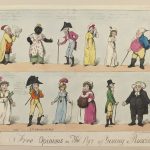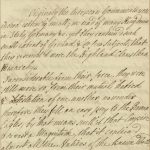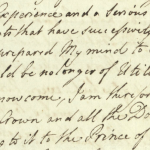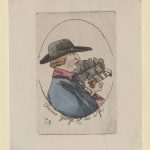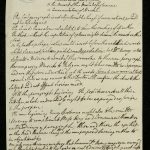America is Lost!
Posted on: January 23rd, 2017 by geoIII 4 Comments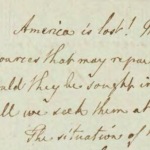
Dr Angel Luke O’Donnell, Teaching Fellow in North American History, King’s College London Jump to Essay Transcription & Images The ‘America is Lost!’ piece was a short essay written by George III reviewing the causes and effects of the American Revolution. It potentially provides a fascinating insight into the thoughts of King George about the… Read More »

